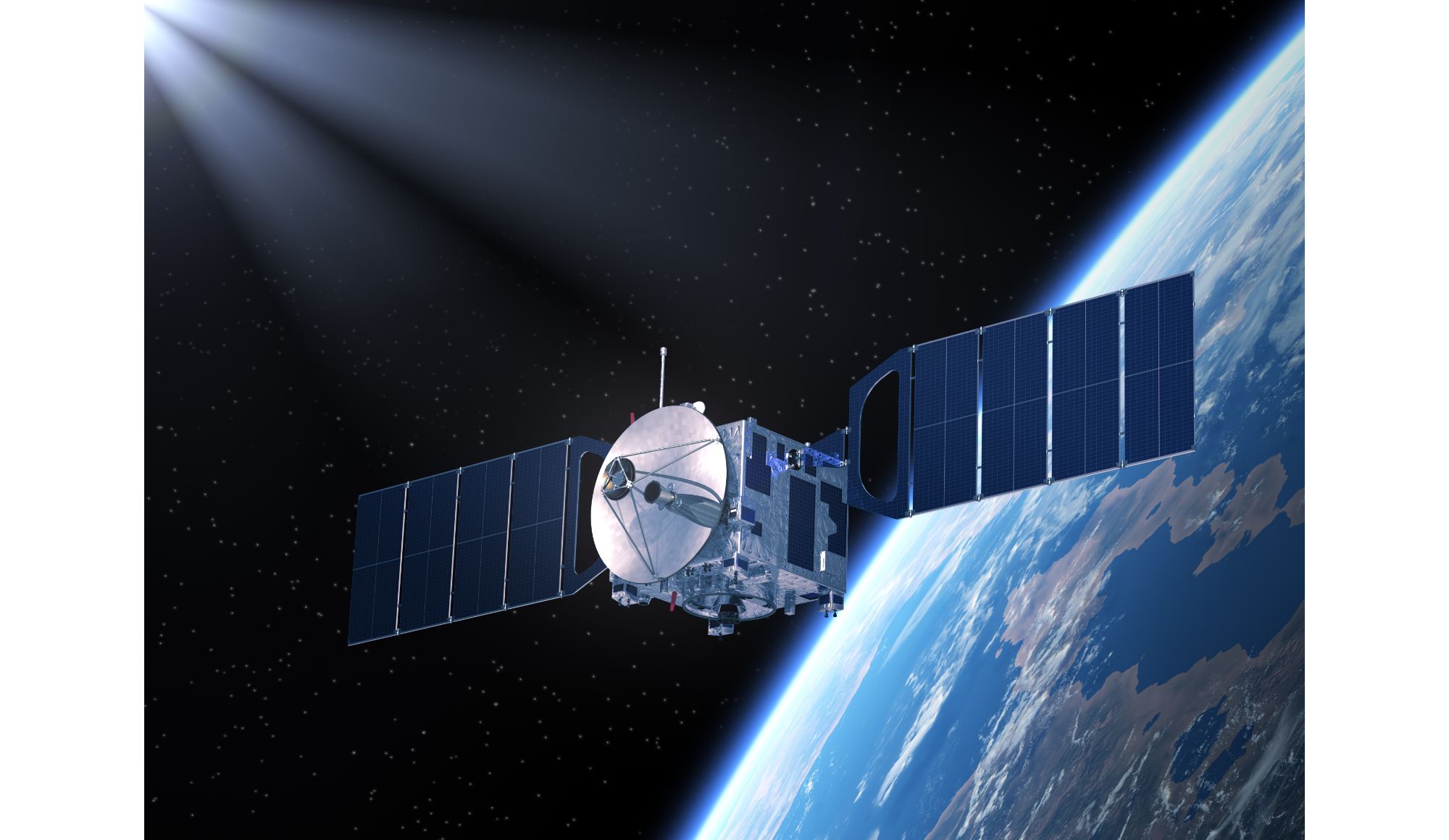Is Monster Growth Enough For This Space Data Stock?
Planet.com (PL) was one of the few stocks that defied the market trend last month by soaring over 30% in the few days after earnings alone.
The company, which operates a network of satellites to take pictures and provide data about the Earth, released its financial results for its fiscal second quarter. Despite turbulence in the broader markets, Planet Labs’ stock price surged as investors cheered its strong results.
Second quarter highlights
Planet Labs delivered a record second-quarter revenue of $48.5 million, up 59% year-over-year.
The company also saw significant GAAP gross margin expansion to 48%, up from 35% in the same period last year. These strong results demonstrate the company’s continued ability to execute its growth strategy and drive profitability.
What’s driving these results?
First, the increasing availability of high-resolution satellite images is giving rise to new applications in areas like precision agriculture, environmental monitoring, and urban planning. And Planet Labs is leading the charge in making this data accessible with their simple platform and APIs.
Second, as more companies adopt satellite imagery into their workflow, they’re starting to see its competitive advantage. Being able to track the progress of construction projects in real-time, for example, can save companies millions of dollars by avoiding costly delays.
Lastly, the market is finally realizing that Planet Labs’ business model is incredibly capital efficient. The company has been profitable on an EBITDA basis for years, and they’ve achieved this without sacrificing growth. Planet Labs’ revenue projections for 2023 suggest they’re on track to reach over $180 million in sales, representing 42% growth (note: this is short of its pre-IPO forecasts but still represent a fiscal year over year rapid acceleration).
The age of data
Data is the new oil. And just like oil, it needs to be extracted, refined, and transported before it can be used. But while the world is running out of oil, data is becoming ever more abundant. Businesses in every industry are clamoring for data to help them make better decisions and are willing to pay a premium for it.
This is good news for Planet Labs (PL), as the San Francisco-based startup operates the largest fleet of earth-imaging satellites in orbit. At 30 TB of data per day, PL’s satellites generate more images of the Earth than any other platform in history.
While satellite imaging is not a new concept, it’s only in recent years that the technology has become good enough to be useful for commercial applications, and enough historical data has been collected to be useful for trend analysis.
With the rapid advancement of artificial intelligence and machine learning, businesses are now able to make use of this data in ways that were unimaginable even a few years ago. For example, their Forest Watch service uses satellite images to detect illegal deforestation in near-real-time.
The expanding uses cases for satellite data
As mentioned above, satellite imaging data is used for a wide variety of applications, including:
- Precision agriculture: Farmers are using satellite images to track the health of their crops, optimize irrigation, and reduce the use of pesticides.
- Environmental monitoring: Satellite imaging data monitors air pollution, water quality, and illegal logging.
- Urban planning: Cities use satellite images to track traffic patterns, plan infrastructure projects, and manage growth.
- Asset tracking: Companies are using satellite images to track the progress of construction projects, monitor inventory levels at factories and warehouses, and keep tabs on their fleet of vehicles.
- National security: Satellite image data is being used by government agencies to detect potential threats and monitor critical infrastructure.
- Disaster response: Satellite images assess damage after natural disasters and provide relief efforts.
These are just a few examples of the many ways that businesses are using satellite data. As technology improves and becomes more accessible, we can expect to see even more innovative applications in the future. This means Planet Labs is well-positioned for long-term growth.
Partnerships
Planet Labs’ data can be used by companies, governments, and organizations of all sizes to impact the planet positively. There have been many announcements of new and expanded partnerships with Planet Labs within the past quarter.
A few notable partnerships include:
- German Federal Government: Planet Labs Inc. (PL) announced a new contract with the German Federal government. Satellite imagery and data will promote public and civil safety throughout the country. This is done by providing high-resolution images of large areas that can be used to monitor infrastructure, environmental changes, and city development.
- Organic Valley: PL announced they would partner with Organic Valley, the largest farmer-owned organic cooperative in the United States. They have already conducted a successful pilot program using satellite imagery to analyze pasture health and predict crop yields. This partnership will allow them to expand the use of satellite data to help farmers make more informed decisions about their crops.
- NMSLO: The New Mexico State Land Office (NMSLO) and Planet Labs Inc. (PL) have entered into a cooperative agreement. This agreement allows the state to use PL’s high-resolution satellite images to better manage nearly 9 million acres of state trust lands. This includes using the data to track illegal dumping, assess wildfire damage, and monitor drought conditions. They have also been able to track inactive mines and charge a minimum of $800,000 in trespassing penalties.
Looking ahead
Planet Labs is well positioned for continued success in the coming quarters. The company has a strong balance sheet, with $458 million in cash, cash equivalents, and short-term investments at the end of the second quarter. Its rapid expansion is very much on track to continue in future quarters and capture a large portion of the growing satellite imagery market. With a strong competitive moat, a proven business model, and a management team that knows how to execute, Planet Labs is a stock worth owning for the long haul.



